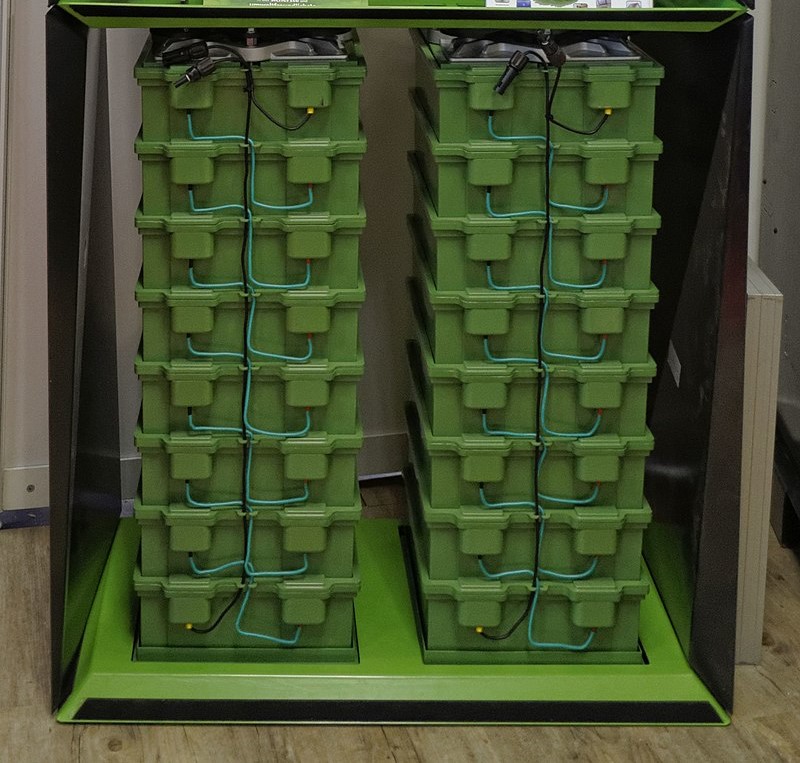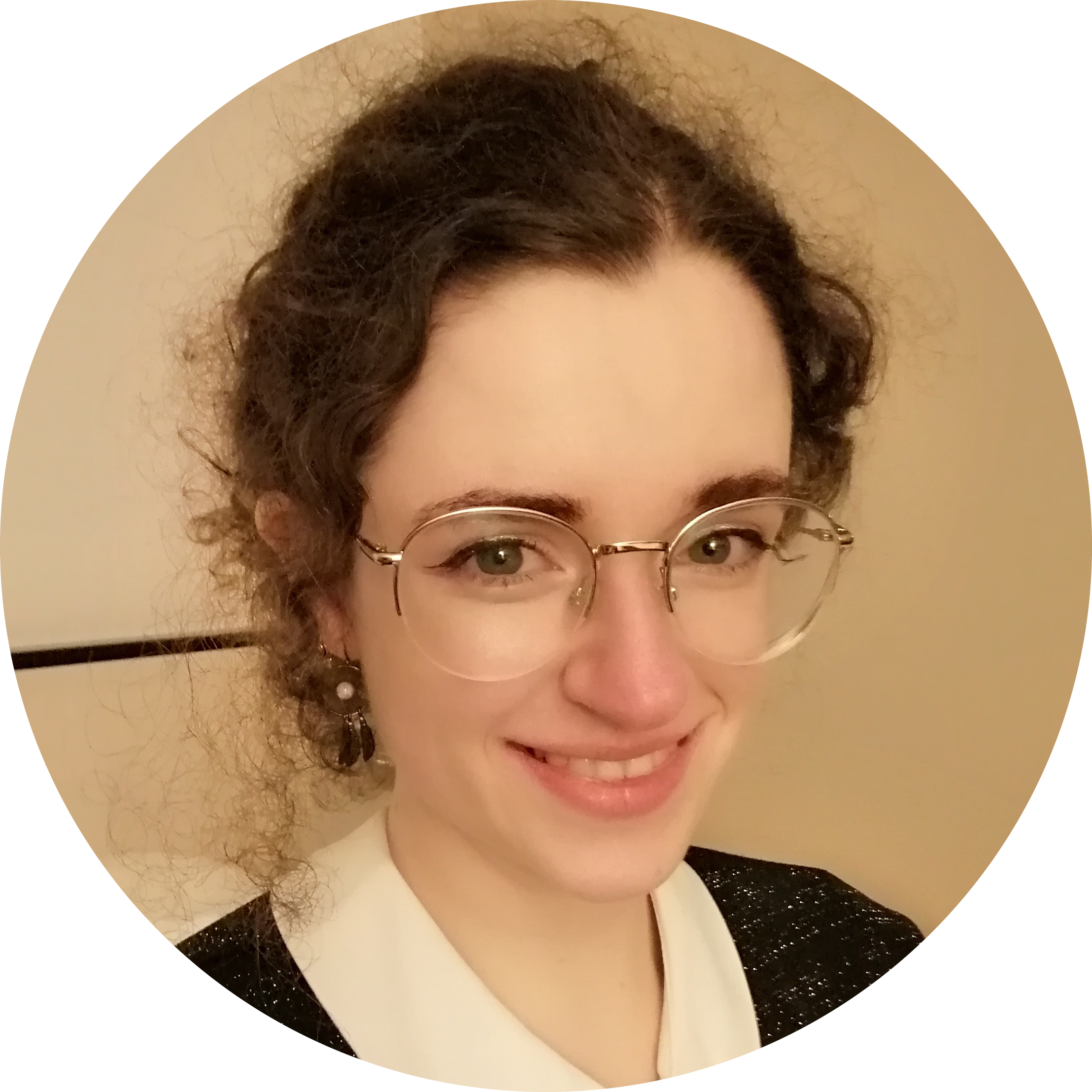From ESS News
Scientists from Japan’s Tokyo University of Science (TUS) and Nagoya Institute of Technology, and from Chalmers University of Technology, in Gothenburg, Sweden, have developed a machine learning method to optimize the energy density of Na-ion batteries.
The research brings Na-ion batteries one step closer to becoming a commercially viable alternative to lithium-ion devices. Lithium-ion currently dominates the battery market but lithium’s relative scarcity, and high price, is a problem for supply chains and project developers alike.
To continue reading, please visit our ESS News website.
This content is protected by copyright and may not be reused. If you want to cooperate with us and would like to reuse some of our content, please contact: editors@pv-magazine.com.




By submitting this form you agree to pv magazine using your data for the purposes of publishing your comment.
Your personal data will only be disclosed or otherwise transmitted to third parties for the purposes of spam filtering or if this is necessary for technical maintenance of the website. Any other transfer to third parties will not take place unless this is justified on the basis of applicable data protection regulations or if pv magazine is legally obliged to do so.
You may revoke this consent at any time with effect for the future, in which case your personal data will be deleted immediately. Otherwise, your data will be deleted if pv magazine has processed your request or the purpose of data storage is fulfilled.
Further information on data privacy can be found in our Data Protection Policy.